Mario Cuenca from the NGO Voluntariado tells us about the need to raise awareness around the culture of volunteering in the context of our current society and the advantages of participating in an international volunteering experience.
What is the NGO Voluntariado?
ONGVoluntariado is an association that manages and coordinates international volunteering for anyone who would like to live a local experience by participating in a project.
What do you offer at present?
Right now, we collaborate in local projects in Latin America (Guatemala, Peru, Nicaragua and Mexico), in India and Tanzania. Most of these projects are in the field of education and community healthcare, where we do not aim to change projects or cultures, but rather to adapt to them and collaborate following their indications and procedures. We obviously help a volunteer to organise the trip and their arrival in the country.
What are the benefits of an international volunteering experience?
Helping others selflessly also has an impact on our personal and social identity. It fosters self-esteem, provides a sense of competence and is rewarding with the pleasure of contributing to others’ wellbeing, while also making you feel proud of participating in, or improving, society. Anybody who considers him or herself socially useful or feels they have a positive impact on the lives of others, are less prone to feeling anxiety, they sleep better, consume less alcohol or drugs, and face up to difficulties in life with more energy than those who feel useless or inefficient.
Volunteering helps us be better persons...
Precisely! As the French writer Simone de Beauvoir once said: “The best recipe to overcome the challenges brought by our irredeemable vulnerability with enthusiasm and hope is to dedicate our time to others, to groups or to causes; the appreciation for others through love, friendship and compassion; and living a life of dedication and projects to remain active along the right path, even when our illusions have withered”. International volunteering should be an attitude in life and not a temporary feeling in a given period of time.
What are the requirements a volunteer should meet?
They vary depending on the duration of a volunteering experience, the type of project, culture…except for in projects in the field of healthcare, for all other projects you don’t need a specific training or concrete experience. What really is important is to meet some attitude requirements such as a high ability to adapt, an open mind, showing solidarity and being committed to teamwork.
Do some volunteers come back for more?
Yes, around 30% of volunteers come back year after year. Most of them prefer to collaborate in other projects and in other countries to make the most of it and discover a new country, a new culture…They rarely go back to the same place.
How do you identify those NGOs and projects you collaborate with?
First we look at what areas with a lack of resources are in higher demand for volunteering. Then, we carry out a prior assessment on how safe the area is, we look into the features of the local projects and the roles and activities carried out. Once we’ve combed through the information for 3 to 6 projects, we go to the area and visit personally and collaborate for some days as volunteers to get to know the project better.
How do you value the local NGOs and the participation of volunteers?
In all projects, they are very grateful for the arrival of volunteers for several reasons. Mainly, for the cultural exchange in this experience, for the support received in health and education areas, and for the financial and material support given by volunteers.
One last question: how do you see the culture of volunteering globally?
Unfortunately, in Spain the tradition of volunteering is very low if compared to other European countries or the USA. In these countries, citizen participation in volunteering reaches 65%, while in Spain it only reaches 16%. These data should encourage us to reflect on the need to raise awareness around the culture of volunteering in the context of our current society.
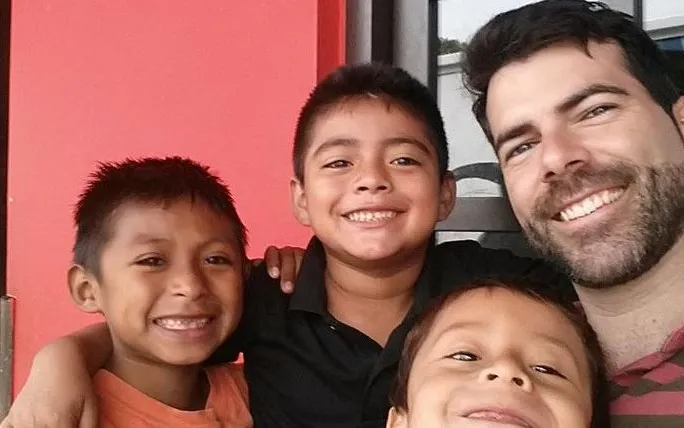
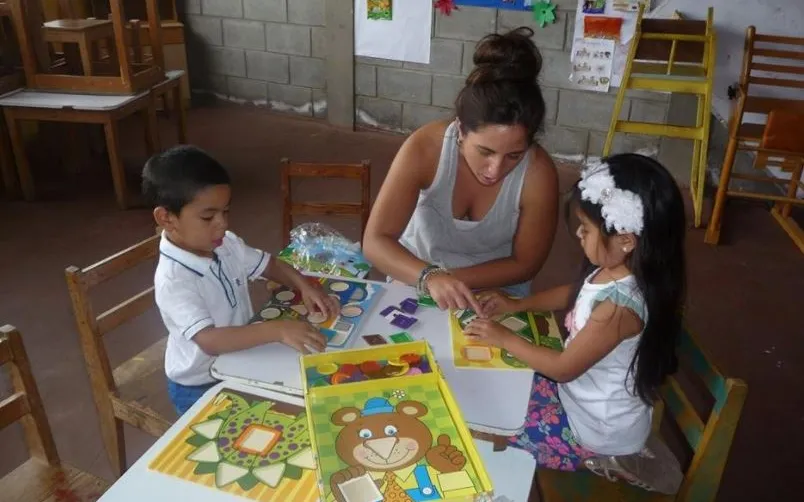
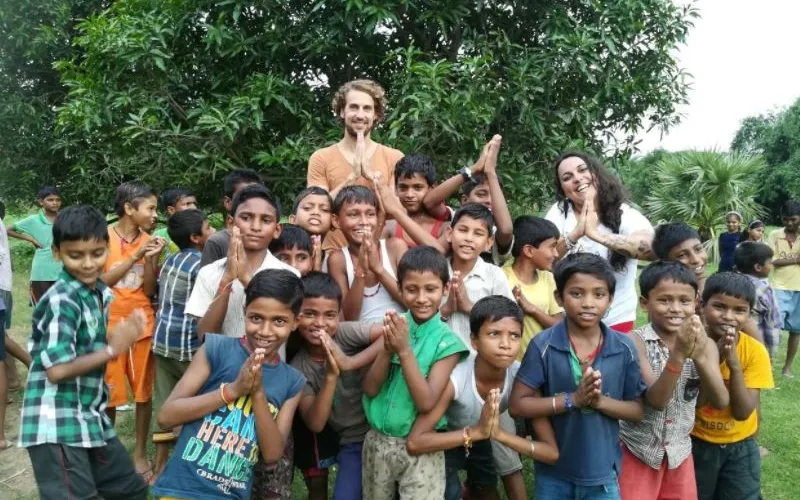
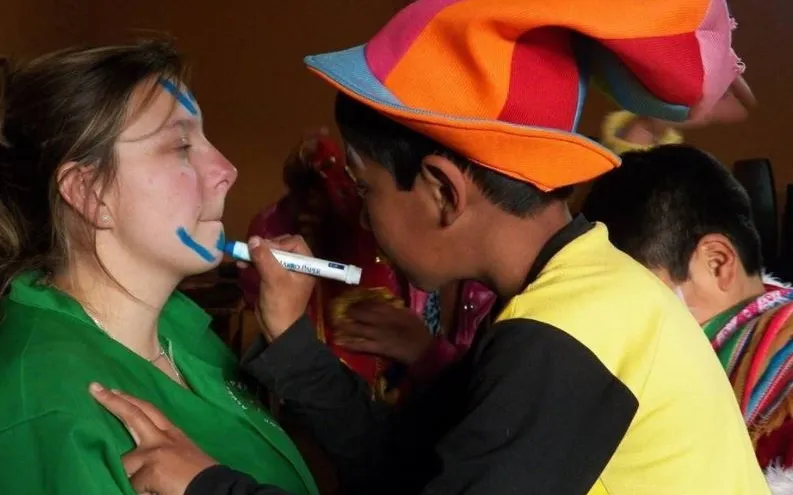
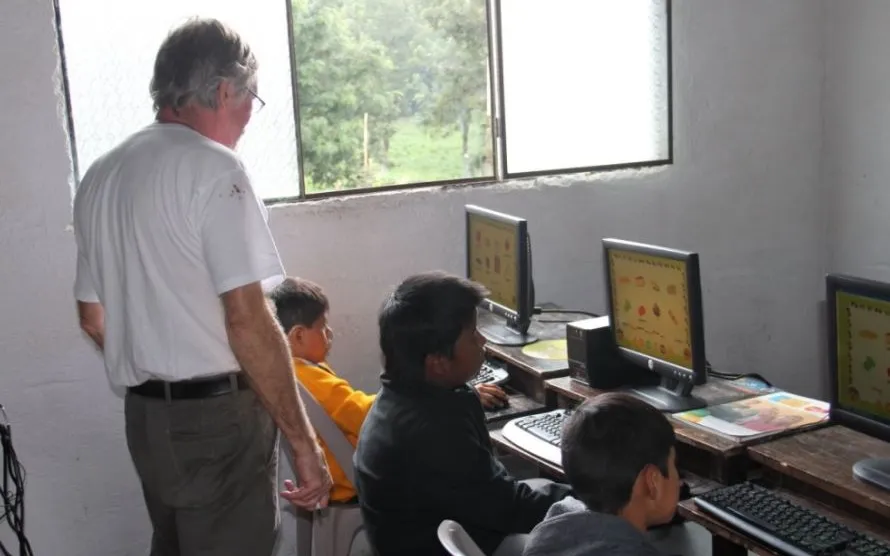


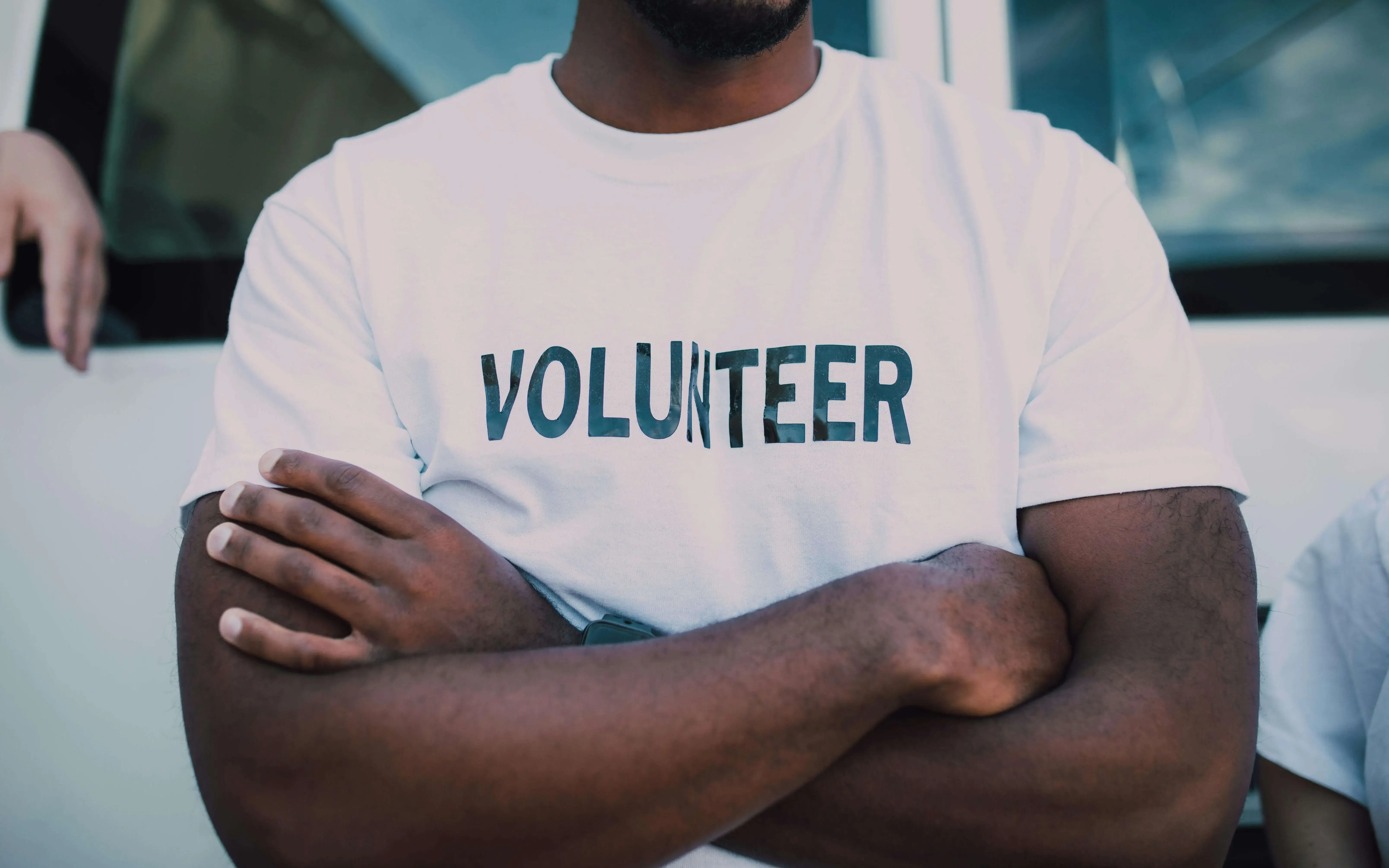

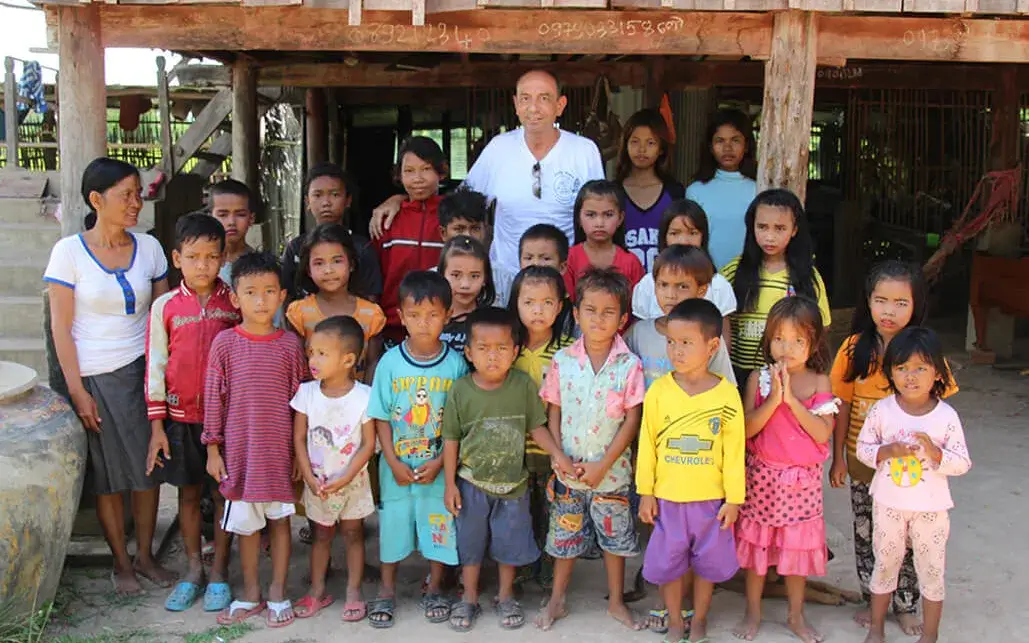

Add new comment